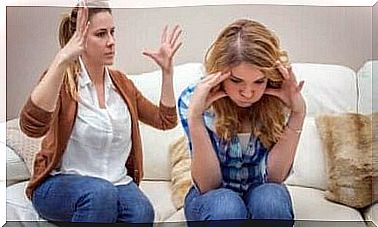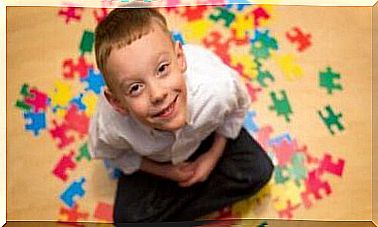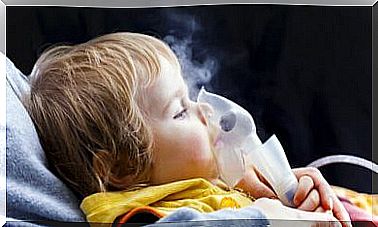How To Help Your Children Develop A Sense Of Justice
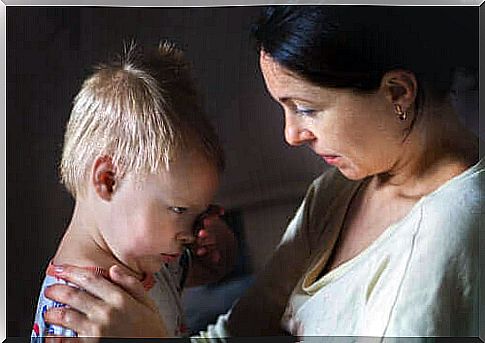
All parents have more than once heard their children say “It’s not fair!” . The situation can arise when one sibling has been given a privilege that the other has not been given, that they have been given a punishment or a consequence due to bad behavior, or simply because we took them out of the bathtub earlier than they wanted. To understand why they say so, we must first understand how children develop a sense of justice.
The family plays an important role in children’s moral education and what values they acquire. It has been proven that this happens through socialization and by interacting with other people. This is how young children learn to understand social norms. They develop an idea of what is fair and what is unfair. So how can we make this process easier for them?
A sense of justice in children
Our children’s perceptions of justice differ depending on their age and stage of development. Leading authors on the subject, such as Piaget and Kohlberg, have made interesting contributions to the understanding of this process.

First stage
Children have no real idea of morality until they are four years old. For them, everything they like or want is fair, while everything they dislike or do not want is unfair.
For this reason, it is common for children to claim that it is not fair to force them to go home from the playground when they are having the most fun, or that it is unfair to have to take off their pirate pajamas to put on school clothes.
They do not yet understand social conventions. Nor can they grasp the necessity or importance of what we ask them to do. By injustice, children mean the inability to be themselves. Ie. not to satisfy their immediate desires to follow the calls and will of others.
Second step (moral realism)
A little later, between the ages of five and eight, children enter the stage of moral realism. At this point, they understand that norms are something that comes externally from authorities such as parents, educators or teachers.
They assume that the rules are absolute and that it always leads to punishment not to follow them. This is true regardless of their intent when they violate them. This is why we can sometimes see children claiming that a sibling should be punished for spilling juice on the shirt, even though it was by mistake.
Third step (moral relativism)
Finally, at the age of nine, children understand that rules are agreements between people and that it is a voluntary act to follow them for the sake of all. At the same time, they begin to take into account other people’s intentions and the outcome of their actions. In addition, they understand that the rules can be flexible and that they can be negotiated.
Keys to helping children develop a sense of justice
All children go through this process during their development, although each child’s personal path may look different to you. Given the importance of socialization in moral development, actions that take place at home can either help or hinder their ability to develop a sense of justice. So, how can we help them?
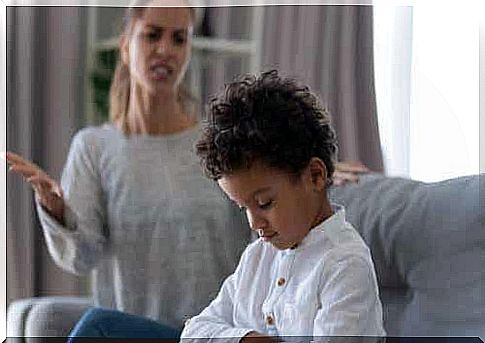
- Even if they are small and we feel that they can not fully understand our reasoning, we should always try to explain the reason for the rules we introduce. They do not have to go to bed just ” because mom or dad says so” but because they need to rest to be able to go to preschool the next day.
- We should take turns (for example, setting the table) and assigning all household members responsibilities according to their ability. In this way, our children will naturally understand that following the rules and cooperating benefits us all. It’s something we do for everyone’s sake.
- Have them question the rules for developing critical thinking and practicing expressing their opinion. It is good to listen to their arguments so that we can explain and negotiate with them instead of just dictating.
- Let us remember that our goal as parents is not to make our children obey, but to make them internalize values and follow their beliefs. To do this, the best tool we have is to be good role models ourselves. We can do this by promoting healthy family relationships where respect and trust are guiding stars.

